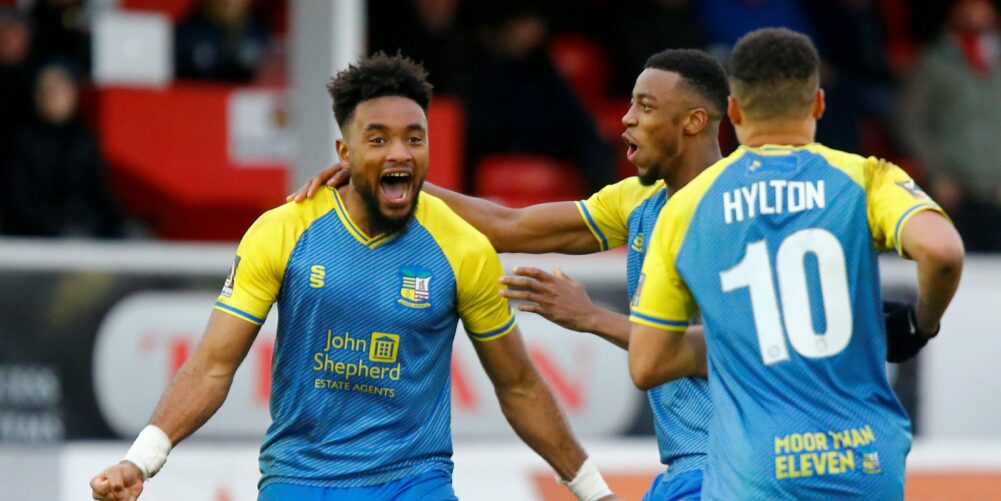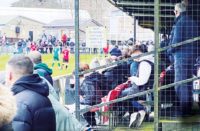By John Lyons
The role of sporting director may seem extravagant at Non-League level, but Mark Fogarty reckons it's one forward-thinking clubs will soon embrace.
While European clubs have long since taken on board the model of a sporting director working alongside a manager, it's something English clubs have traditionally been sceptical about. The feeling has been that it's somehow diminishing the manager's responsibility, his ability to make the key decisions.
But Fogarty firmly believes a partnership between a manager and sporting director, or director of football, can be beneficial for both parties.
He speaks from experience, having been sporting director at National League outfit Solihull Moors for the last 18 months. It was part of a six-year stint with the club that came to a conclusion at the end of May.
The 57-year-old, who is in the final stages of completing his Masters degree in sports directorship at Salford University, said: “It's almost impossible for a manager to do his job and deal with all the staff at a football club these days, and the role of a sporting director is going to become more commonplace.
Strategy
“It's someone who can look at the business side, put a strategy together and work on the ethos of a club. The whole club need to buy into it.
“A good relationship between the manager and sporting director is essential. It's essential the manager knows you are not there to be a manager in the future. The definition is to help the manager to win, to take away all the non-football stuff so he can focus on the team.
“If you asked (Solihull Moors manger) Tim Flowers, I'm sure he'd say it was a godsend. He's brilliant at analysing opposition and he could concentrate on the football side of things knowing that everything else was taken care of.”
Fogarty points out that the top three in last season's National League had a sporting director/director of football. He was joined by Martin Ling, of champions Leyton Orient, and Chris Casper, of play-off winners Salford City. He also emphasises the success Stuart Webber has had at both Huddersfield and Norwich higher up the football ladder.
One of the keys, Fogarty believes, is to make sure there is a team effort in terms of appointments and recruitment.
He said: “If, for example, you were bringing in a recruitment manager, I would do the initial interviews and come up with a shortlist. Then I would say to the manager ‘you take them away and speak to them'. The board would sort out the financial side.
“The manager would make the final decision and the same with players brought in. We would recruit and the manager would then say he'd meet the players and choose who he brought in. At Non-League level, it has to be like that – you would have animosity otherwise.”
It helps if you've got a healthy knowledge of the workings of a club from top to bottom and Fogarty reckons he got that in his six years at Solihull Moors. Having initially joined as coach under boss Marcus Bignot when the club were in National League North, he helped build up the club's junior, disabled and academy sections.
When the call came to take up the sporting director role, he was involved in appointing all the main members of staff at first team level.
He said: “My first appointment was heading the process for (manager) Mark Yates and (assistant) Tim Flowers. We were miles adrift at the bottom of the National League, but pulled off a great escape.
“That didn't happen by accident. It was the board of directors backing me to put a process in place. It wasn't just about how good a manager it was, it was about what we are as a club and whether they would fit in with that.
“The club has gone from strength to strength since and I have to say I had the full backing of the board. I don't see any reason why they can't be in and around the top seven again in the coming season – the infrastructure is so good.”
As for himself, Fogarty is eager to take on a new challenge when the right offer comes along.
“I'm a developer,” said the former head of recruitment at Birmingham, Coventry and Walsall. “I like to build things, create a vision and work towards it. I would be open to anybody in Non-League that was open-minded and forward-thinking to do that.
“I was surrounded by really good people at Solihull and I would like to do it all again. You have to get the right people on the bus – good people make things happen.”




















